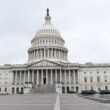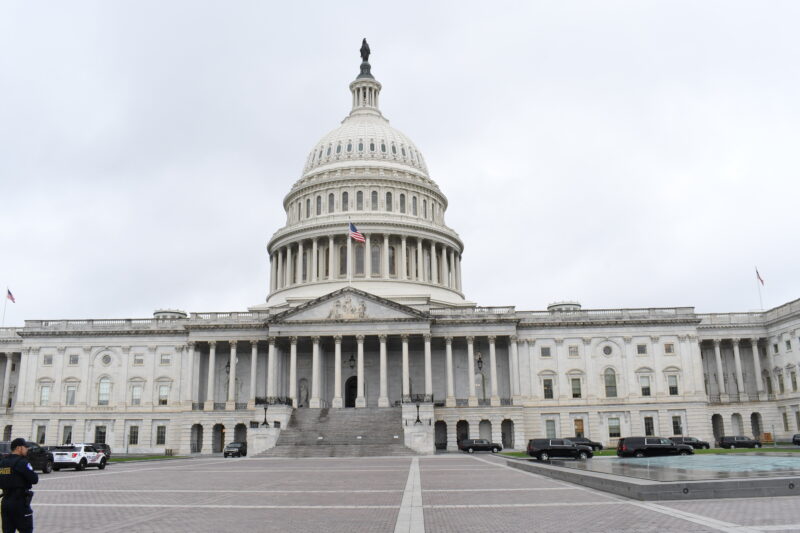In the U.S. Senate Committee on Finance’s draft of the Republicans’ budget reconciliation bill released Monday, the tax deduction for car loan interest would not be applicable for used vehicle transactions.
The Senate’s proposal of the above-the-line tax deduction of up to $10,000 for tax years 2025 through 2028 deviates from the U.S. House of Representatives’ “On Big, Beautiful Bill” passed in May, limiting the applicability only to vehicles “the original use of which commences with the taxpayer.”
| House Version | Senate Version |
| Includes above the-line tax deduction for new and used vehicles | Eliminates tax deduction for used vehicles |
| Eliminates pre-owned clean vehicle tax credit by December 31. | Eliminates pre-owned clean vehicle tax credit 90 days after enactment. |
NIADA supports the House version, which allows for the deduction for used vehicle transactions, and has communicated that message to members of Congress.
“Adding or keeping language for the tax deduction to be allowed for financed used vehicles is very important to our members,” said NIADA Director of Government Relations and Compliance Patrick O’Brien. “The majority of vehicle financing in the U.S., 56.7 percent in the first quarter of 2025 alone.”
The Senate draft would also require taxpayers to file the vehicle identification number on the tax return, and limit the deduction to vehicles weighing less than 14,000 pounds.
Both versions require final assembly of qualified vehicles to be completed in the U.S., and apply income limitations, with the deduction being reduced by $200 for each $1,000 the adjusted gross income exceeds $100,000 ($200,000 for joint return).
The Senate bill speeds up the elimination of the clean vehicle credit for pre-owned vehicles to 90 days after its enactment. The House version called for the credits to end Dec. 31.
“While we applaud the effort to stimulate the vehicle market, we are disappointed to see this recent posture from the Senate. We have been, and will continue to make sure legislators know how important these issues are to independent dealers and our customers across the country,” O’Brien said.










